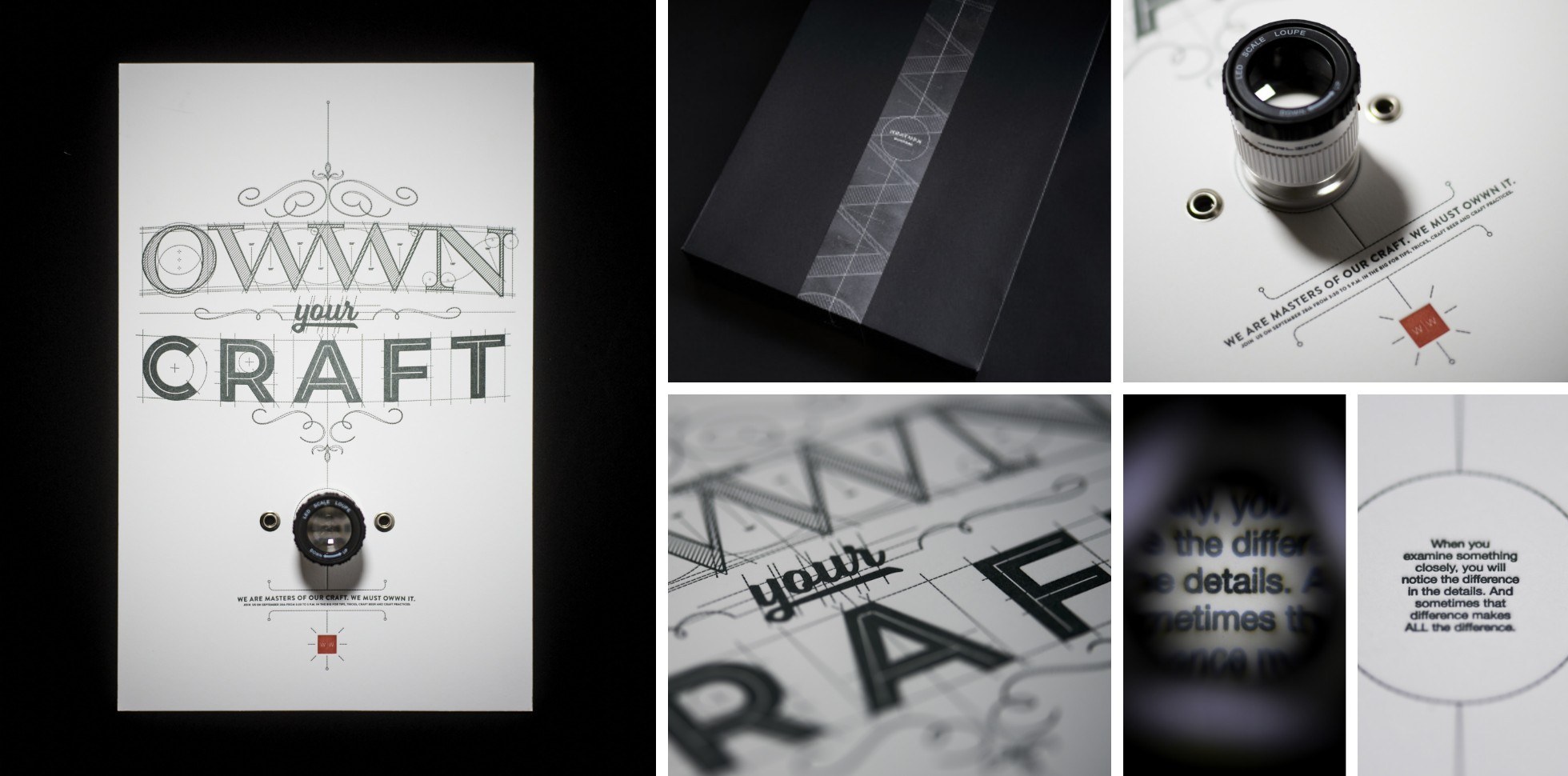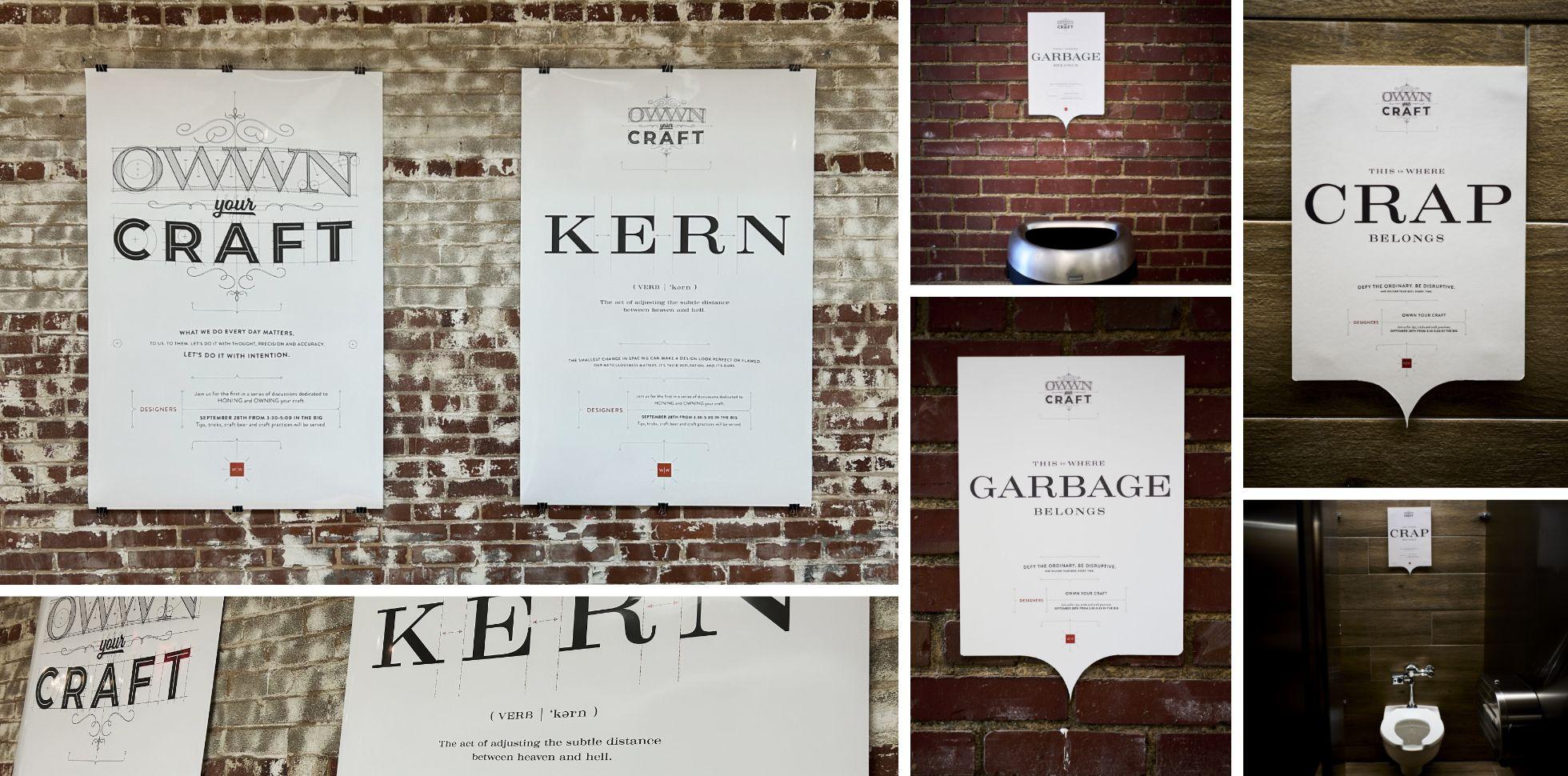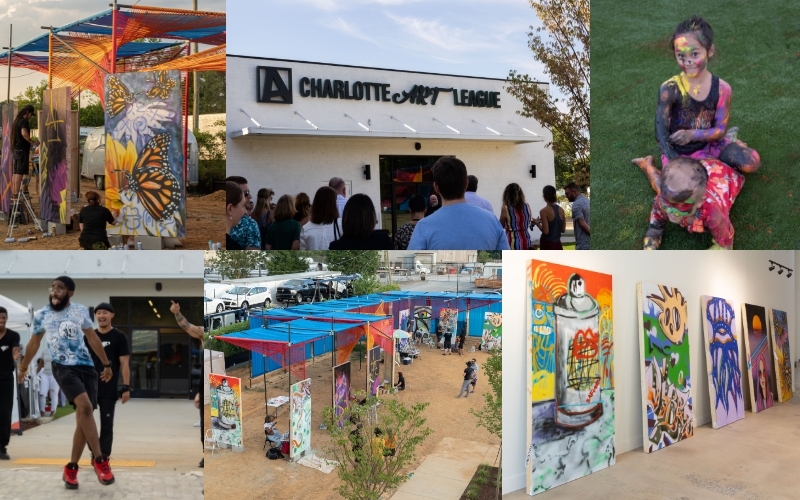“Make the dummy.”
As I embarked on my career many moons ago, a friend’s father, who also worked in advertising, gifted this piece of advice to me. But what did he mean by “make the dummy”?
If we are creating something that is going to end up in someone else’s hands, we need to build it, print it, fold it and experience it for ourselves. We need to see and touch and feel the physical manifestation of the work.
Three decades later, not enough people bother with dummies. It’s fine to scrutinize a banner ad on a computer screen, but physically holding a printed piece that has a die cut lets us experience the work in a whole other way. Making that mock-up is how we own our craft.
Every designer should want to make a dummy. This is the first moment your idea physically starts to come to life. Have a great concept? Start cutting, folding and exploring the possibilities. And, make that dummy actual size (whenever possible) to be sure you nail it, because even the most low-tech prototype has an impact on the final product.
The analogy of making the dummy extends across all departments at a high-performing agency. Our Insights team, for example, can’t just be good at research. Yes, they have the know-how to assemble the tea leaves, but it’s their ability to read and interpret them that leads to a strong strategic foundation for our clients.
That’s how we help craft a brand positioning for a company that not only separates them in the market but also gives their brand a special place in the minds of their target audience. That’s brand differentiation.
That’s owning your craft.
“Practice isn’t the thing you do once you’re good. It’s the thing you do that makes you good.”
In Malcolm Gladwell’s acclaimed book “Outliers,” he presents this insight as part of his attempt to answer the question of what makes high achievers different. Gladwell asserts that the path to achieving true expertise in any skill requires logging 10,000 hours of practice.
At Wray Ward, the Owwn Your Craft program seizes its goals when we embrace and take pride in what we do best, both individually and as a collective. It succeeds when we commit to getting even better.
There’s a reason the best baseball players on the planet still spend a month each year at Spring Training. Or why the world’s greatest golfers log hours upon hours on the driving range and putting green. Even with that level of God-given talent, the pros’ skills must be nurtured and refined.
In our day-to-day work at Wray Ward, we know that sharpening our craft elevates our creative ideas. When we practice making dummies, refining the smallest details and running spell check — because NOTHING makes you look more foolish than a typo — we deliver better-performing, flawless work.
Our days are busy, and we all sometimes rely on the shortcuts that help us do our jobs. But instead of trying to get things out the door as fast as possible, let’s stop for a moment and appreciate the nuances in the details. When you closely examine something you’ve created —- your art, your design, your words — you can discover the difference in the details and where you can improve.
Over time, that commitment creates a pathway to doing your job as perfectly as possible.
That’s owning your craft.




